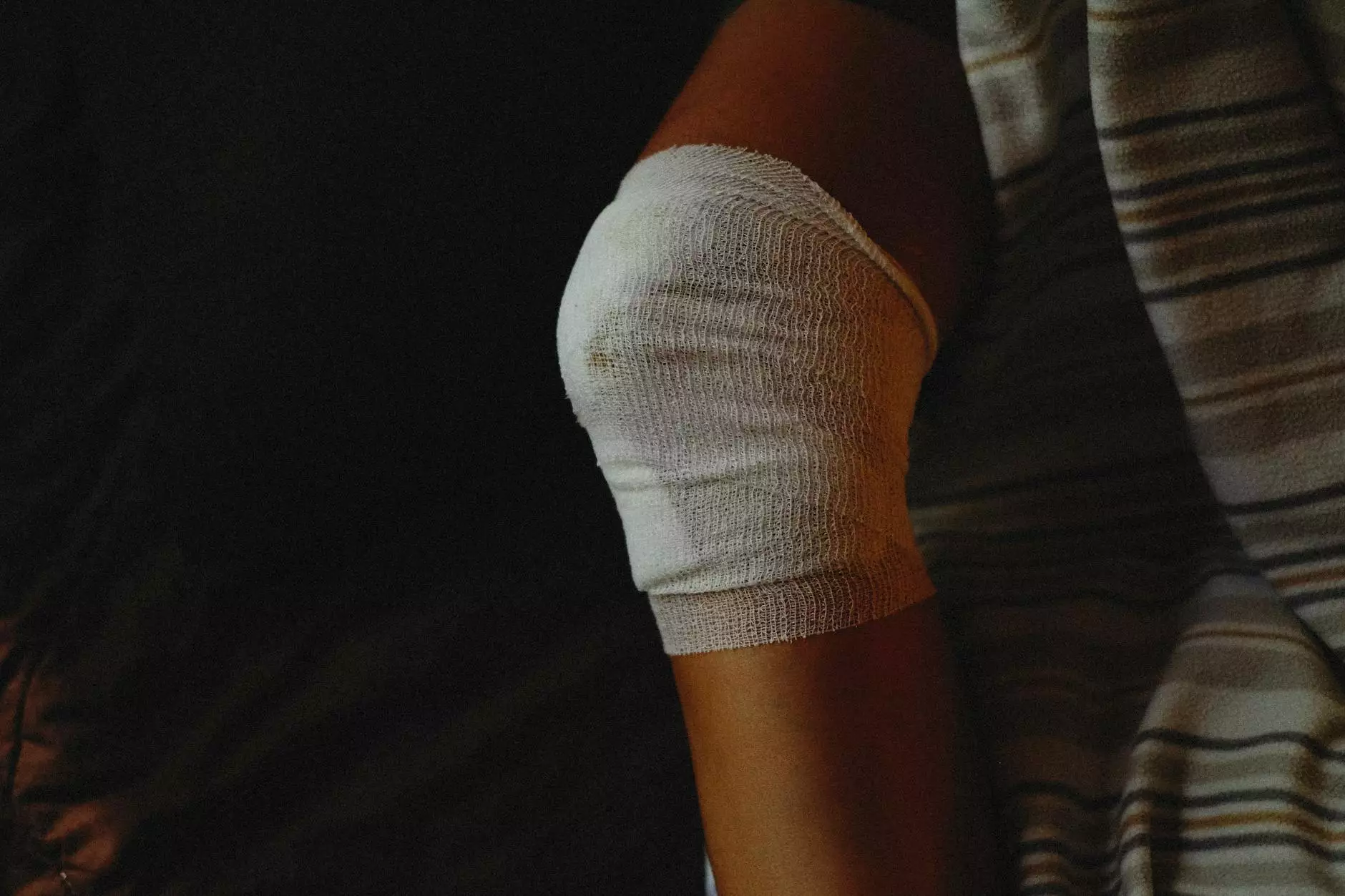Knee Effusion: Fluid or Water on the Knee
Blog
Welcome to Regency Square Care Center's informative blog post on knee effusion, a common condition affecting many individuals, especially older adults. In this article, we will delve into the details of knee effusion, its causes, symptoms, diagnosis, and available treatment options for effective management.
Understanding Knee Effusion
Knee effusion refers to the accumulation of excess fluid or water in the knee joint, leading to swelling, discomfort, and limited mobility. This condition can occur due to various underlying causes and medical conditions, such as:
- Injury or trauma to the knee
- Arthritis, including osteoarthritis and rheumatoid arthritis
- Gout, a form of inflammatory arthritis
- Infection in the knee joint
- Bursitis, inflammation of the fluid-filled sacs (bursae) around the knee joint
- Torn meniscus, a common knee injury
At Regency Square Care Center, our experienced healthcare professionals specialize in providing comprehensive care for geriatric and aging patients. We understand the impact knee effusion can have on the quality of life and aim to provide effective treatment options to alleviate symptoms and improve overall well-being.
Symptoms and Diagnosis
The symptoms of knee effusion may vary depending on the underlying cause and the severity of the condition. Common signs and symptoms include:
- Swelling and increased size of the knee
- Pain or tenderness around the knee joint
- Stiffness and limited range of motion
- Warmth and redness over the affected area
- Difficulty bearing weight or putting pressure on the knee
It is essential to seek medical attention if you experience any of these symptoms, as early diagnosis and treatment can help prevent further complications. At Regency Square Care Center, our skilled healthcare professionals assess knee effusion through a thorough physical examination, medical history review, and may recommend additional diagnostic tests, such as X-rays, MRI scans, or joint aspiration. Proper diagnosis is crucial to determine the underlying cause and develop an individualized treatment plan.
Treatment Options
At Regency Square Care Center, our team of experts focuses on a multidisciplinary approach to treat knee effusion. The treatment plan will depend on the underlying cause, severity of symptoms, and individual patient needs. Common treatment options include:
1. Medications
Nonsteroidal anti-inflammatory drugs (NSAIDs), corticosteroids, pain relievers, and disease-modifying antirheumatic drugs (DMARDs) may be prescribed to reduce inflammation, manage pain, and treat underlying conditions such as arthritis or gout.
2. Physical Therapy
Physical therapy plays a crucial role in strengthening the muscles around the knee joint, improving range of motion, reducing swelling, and enhancing overall mobility. Our skilled therapists can provide personalized exercises and techniques to assist in the recovery process.
3. Joint Aspiration
In some cases, excess fluid within the knee joint may need to be drained to relieve pain and improve mobility. Joint aspiration, performed by a healthcare professional, involves using a needle to remove the accumulated fluid.
4. Surgical Intervention
If conservative treatments do not provide sufficient relief, surgical intervention may be considered. Options may include arthroscopy, meniscus repair, or total knee replacement, depending on the underlying condition and individual patient needs.
Our dedicated team at Regency Square Care Center ensures personalized care and support throughout the treatment process, focusing on optimizing the overall well-being and quality of life for our patients suffering from knee effusion.
Conclusion
Knee effusion, characterized by the accumulation of fluid or water within the knee joint, can significantly impact an individual's daily activities and overall quality of life. At Regency Square Care Center, dedicated to providing exceptional geriatric and aging care, we understand the complexities of knee effusion and offer comprehensive treatment options tailored to individual needs. Our experienced healthcare professionals combine expertise, compassion, and advanced treatment techniques to help manage symptoms and promote optimal recovery. If you or a loved one is experiencing symptoms of knee effusion, do not hesitate to reach out to our team for expert evaluation and care. Regency Square Care Center is committed to your well-being.




